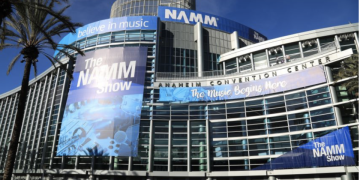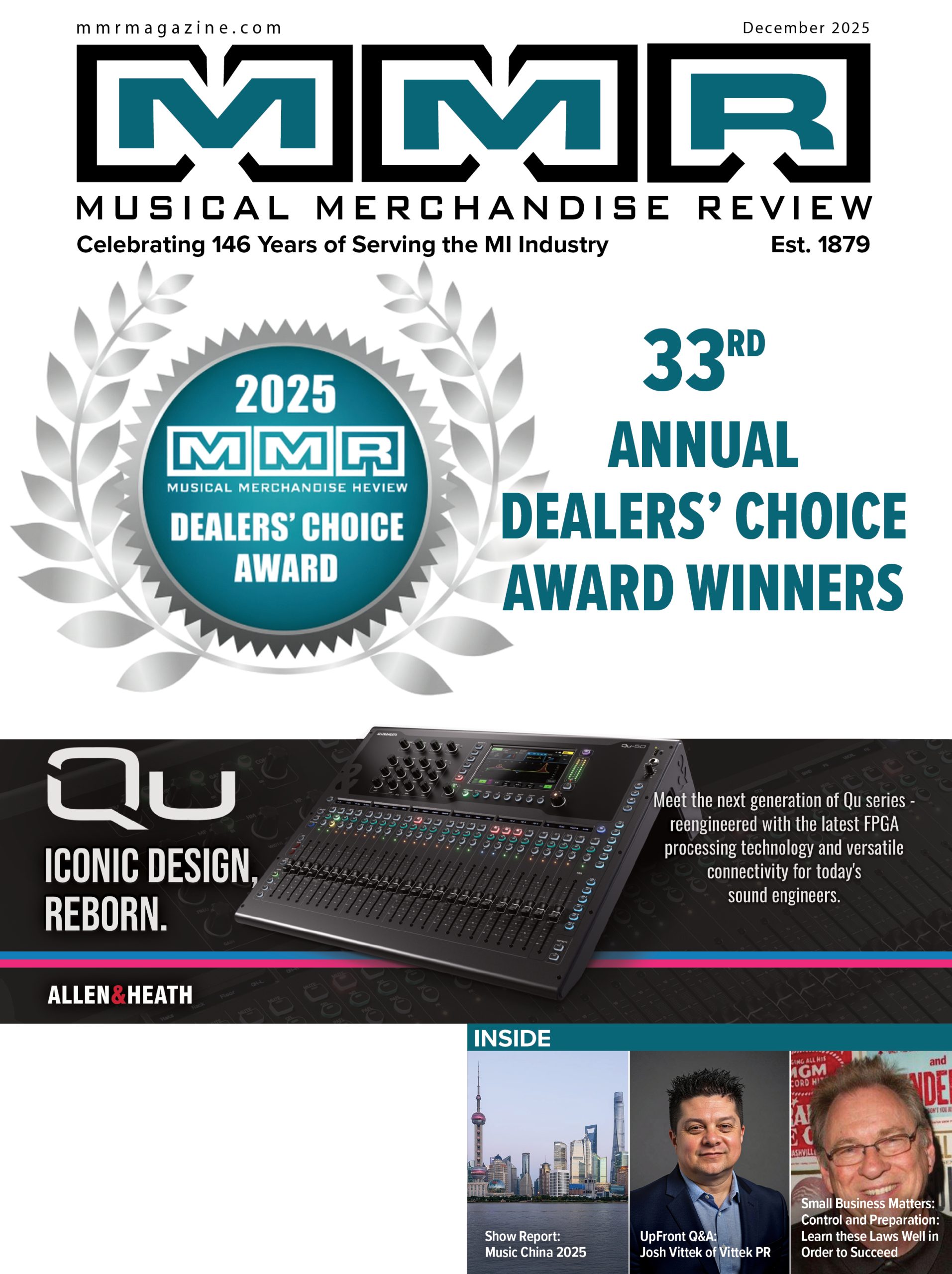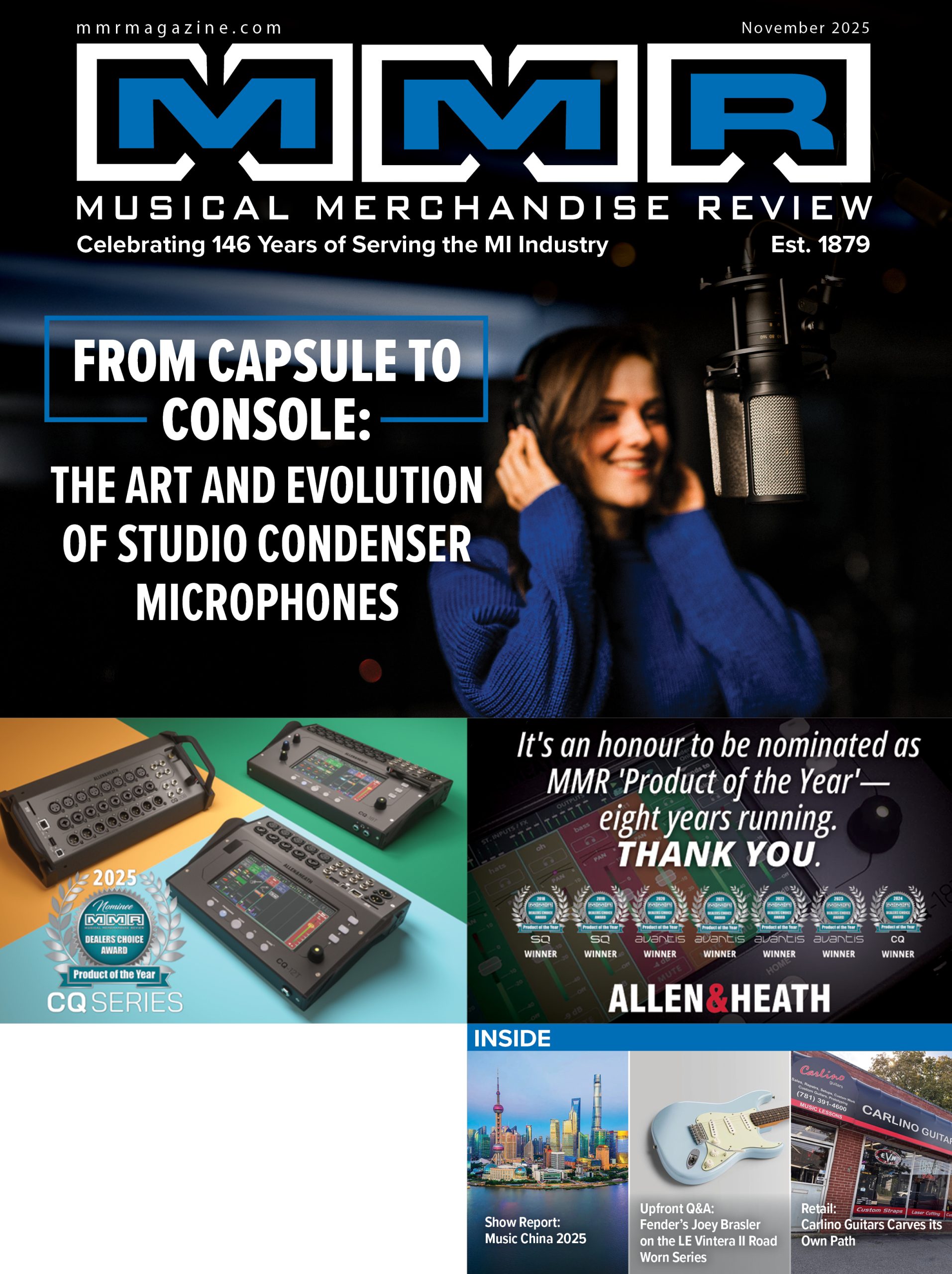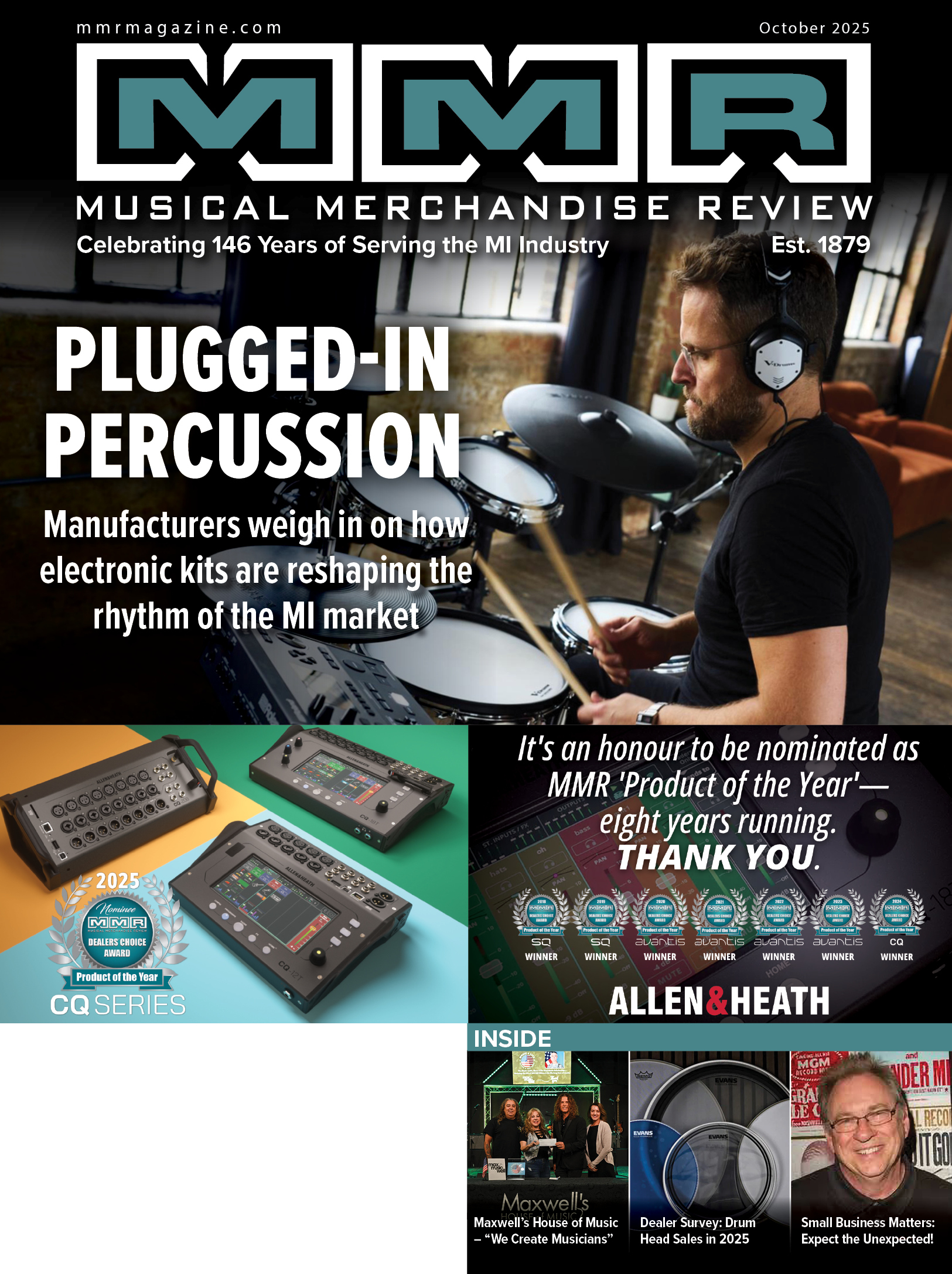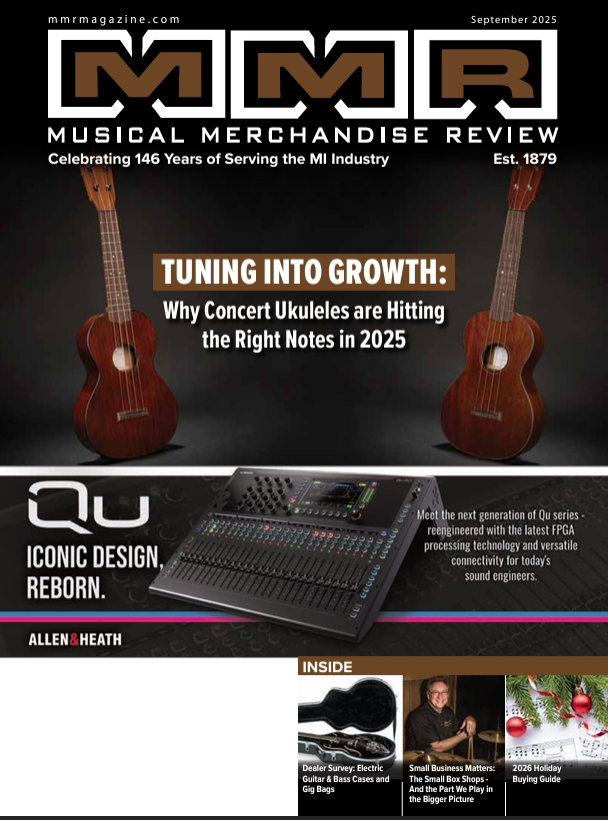 "I bet their dealers are pissed. I don't blame Fender though. Dealers and stores are becoming more of a [pain] than they are worth sometimes."
"I bet their dealers are pissed. I don't blame Fender though. Dealers and stores are becoming more of a [pain] than they are worth sometimes."
So reads a comment on mylespaul.com, a guitar aficionado blog. The topic, as most readers have likely guessed, is the recent decision on the part of FMIC to make custom-designed guitars available to end users directly, via an online ordering portal. And, to be sure, some dealers are upset ("worried" would perhaps be a more accurate word).
Fender didn't respond to requests for a comment on fender.com/american-design during the writing of this editorial, though back in October of last year the official response to an MMR inquiry was, "We don't have anything to share at this time and will be happy to provide an update when we know more."
The company's own website seems to be of two minds on the topic of direct sales. Within the "Support" section of fender.com, one finds the following in response to the question, "Does Fender sell direct to consumers?"
Fender appreciates the desire to purchase direct, but it is a wholesale manufacturer that sells instruments and amplifiers exclusively through a network of Authorized Dealers and International Distributors.
The above statement sits a mere click away from the "American Design Experience" page on the company's site, which enthusiastically describes how "Your built-to-order American Design Experience instrument [is] shipped anywhere in the United States at no additional cost."
Incongruous much?
But when I reached out to a couple dealers (not currently Fender dealers, it should be noted), the observations were more balanced than might be expected, given the subject matter.
"In my opinion, manufacturers going direct to the end user was inevitable," says Music Go Round's Tim Kletti. "With technology, manufacturing, and distribution capabilities, why wouldn't they? Musicians have already shown they will purchase online without 'touching' the product, so this simply seems to be a natural progression."
Peter Sides of Robert M. Sides Family Music Centers notes, "If you go out of our industry and look at a company like John Deere, certain models are sold at Lowe's, and certain models are sold at John Deere dealers. And it makes sense. Every manufacturer has to make that decision: Do I try to emphasize one [sales] channel over another, or try to do the best for both channels?"
But whether the move to direct sales – however small or tentative in this one case – is inevitable or "makes sense," it is unquestionably yet another sign of the changing nature of MI retail.
"There is a major shift in how the end user is acquiring the products they purchase and it is not isolated to the MI industry," Kletti continues. "If a manufacturer can potentially double their gross profit by selling direct… [it] seems like a pretty smart move for them."
The big questions for music instrument dealers, when presented with this type of evolution and the challenges it may present, are these: "Do I need this supplier?" and "What does my store provide that online sales cannot?"
"The manufacturer will never be able to provide the level of support that a brick & mortal retailer should be providing," asserts Kletti. "When we forget what our role is in the customer experience, that's when the manufacturer sees us as non-essential and either replaces us or removes us."
And, as Sides notes, "If you're knee-deep in the combo business and that's what you're doing, you probably can't afford not to be a Fender dealer, regardless of their selling strategies. It always tends to come back to the same question: What products and lines can you live with and what can you live without?"














